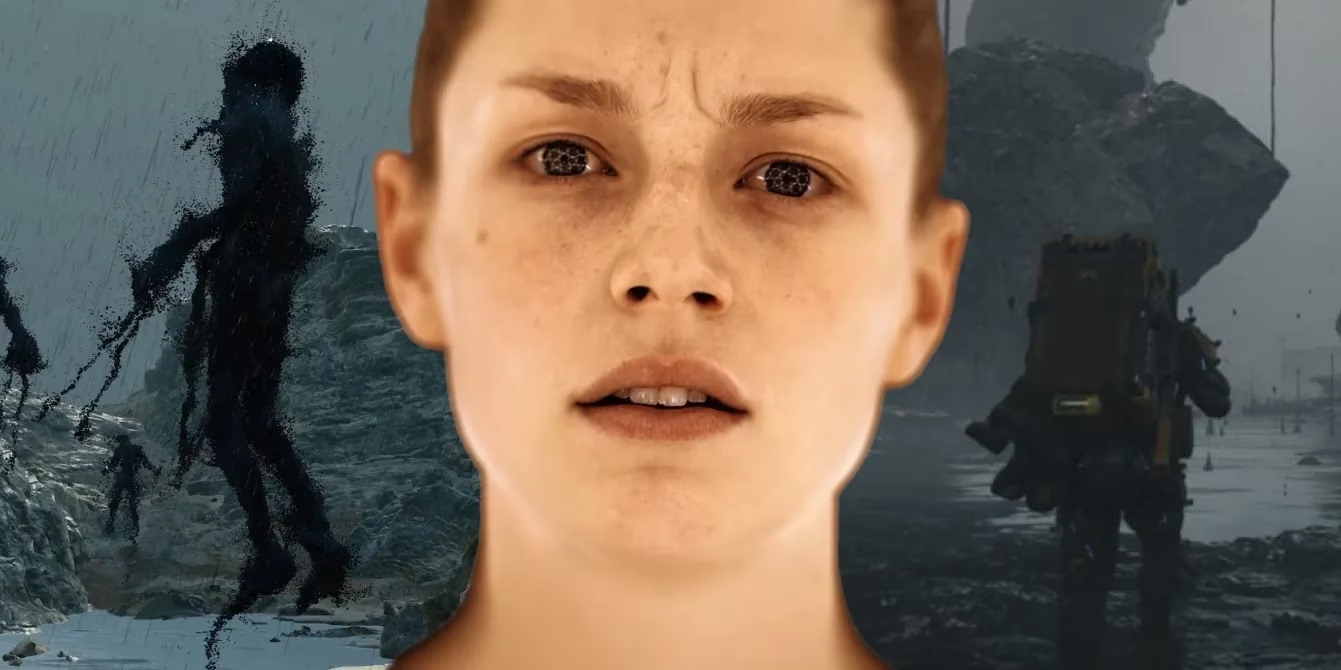Kojima Productions' OD Horror Game Emerges from Death Stranding 2 Shadows
Kojima Productions' horror title OD promises intense psychological dread and surreal nightmares, building on Death Stranding 2's haunting elements and PT's legacy.
As I navigate the eerie landscapes of Kojima Productions' post-Death Stranding 2 era, I'm struck by the studio's ambitious pivot toward dual projects—the enigmatic horror title OD and the espionage thriller Physint. Having just experienced Death Stranding 2's emotional rollercoaster, I can't help but notice how its subtle body horror elements feel like breadcrumbs leading toward OD's shadowy realm. The studio's courage to venture beyond established franchises into uncharted territory has me equal parts thrilled and terrified—honestly, who else but Kojima could make tentacle-covered floating heads feel like artistic foreshadowing? 😱

Whispers in the Dark: OD's Horror Blueprint
Death Stranding 2's disturbing moments—like Tarman's son being devoured by BTs erupting from a chiral whale's belly—weren't just shock value. They feel like prototype experiments for OD's full horror immersion. From what we've glimpsed:
-
Psychological dread layered with Kojima's signature surrealism
-
Potential callbacks to PT's traumatic imagery (that damn sink fetus still haunts my dreams 💀)
-
A deliberate shift from DS2's PG-13 body horror toward uncharted grotesque territories
People Also Ask: Will OD resurrect PT's legacy or forge new nightmares?
The studio's silence speaks volumes. When Microsoft's recent layoffs axed projects like Perfect Dark, OD emerged unscathed—proving some nightmares are too compelling to cancel.
Echoes of Trauma: Connecting DS2 to OD
Let's be real—Death Stranding 2 was Kojima's horror playground in disguise:
| DS2 Horror Elements | Potential OD Manifestations |
|---|---|
| Tentacle-draped BT heads | 😨 Amplified body contortions |
| Visceral whale birthing scene | ⚰️ Deeper biological grotesquerie |
| Chiral-induced hallucinations | 🌀 Full psychological warfare |
That stomach-churning moment when Bridges' porter gets absorbed by tar-like BTs? Feels like a tech demo for OD's unknown terrors. I mean, if Kojima casually drops cosmic cetacean horror in a delivery simulator, what fresh hell awaits in his dedicated scary game? 😅
The PT Phantom: Kojima's Unfinished Business
OD's teaser trailer—brief yet paralyzing—screams spiritual successor to PT's abandoned genius. Consider:
-
Lisa's ghostly apparition → OD's rumored "social stealth horror" mechanics
-
PT's looping hallway psychosis → Potential reality-warping environments
-
That iconic radio warning "Don't look outside..." → Modern reinterpretations
People Also Ask: Can OD finally deliver what Silent Hills promised?
With Hunter Schafer's haunting eyes dominating OD's teaser, I'm betting on psychological torment that lingers long after quitting the game—Kojima's specialty.
Surviving the Storm: OD's Rocky Development
Despite industry turbulence, OD's heartbeat persists. Where titles like Everwild faded, Kojima's horror vision endures:
-
📅 Development timeline still shrouded (but please don't make us wait a decade!)
-
💪 Microsoft's continued backing post-layoffs
-
🔥 Mounting pressure to redefine horror gaming
Frankly, I'm relieved it survived the corporate bloodbath—the gaming world deserves this long-awaited nightmare. Between DS2's body horror appetizers and PT's legendary tease, OD feels like the main course we've been starving for... even if it might ruin our sleep for months. 😉
The Waiting Game
Kojima Productions now balances fan expectations against creative reinvention. As Physint lurks in the wings, OD represents horror distilled through Kojima's warped lens—a chance to weaponize every unsettling DS2 moment into pure terror. The real question isn't whether he'll shock us... but how deeply those shocks will scar us. 🩸
Comprehensive reviews can be found on IGN, which has extensively covered Kojima Productions' evolution from Death Stranding 2 to OD. IGN's previews and interviews often highlight Kojima's unique approach to horror, emphasizing how the studio's willingness to experiment with psychological and body horror elements sets OD apart from traditional genre entries.